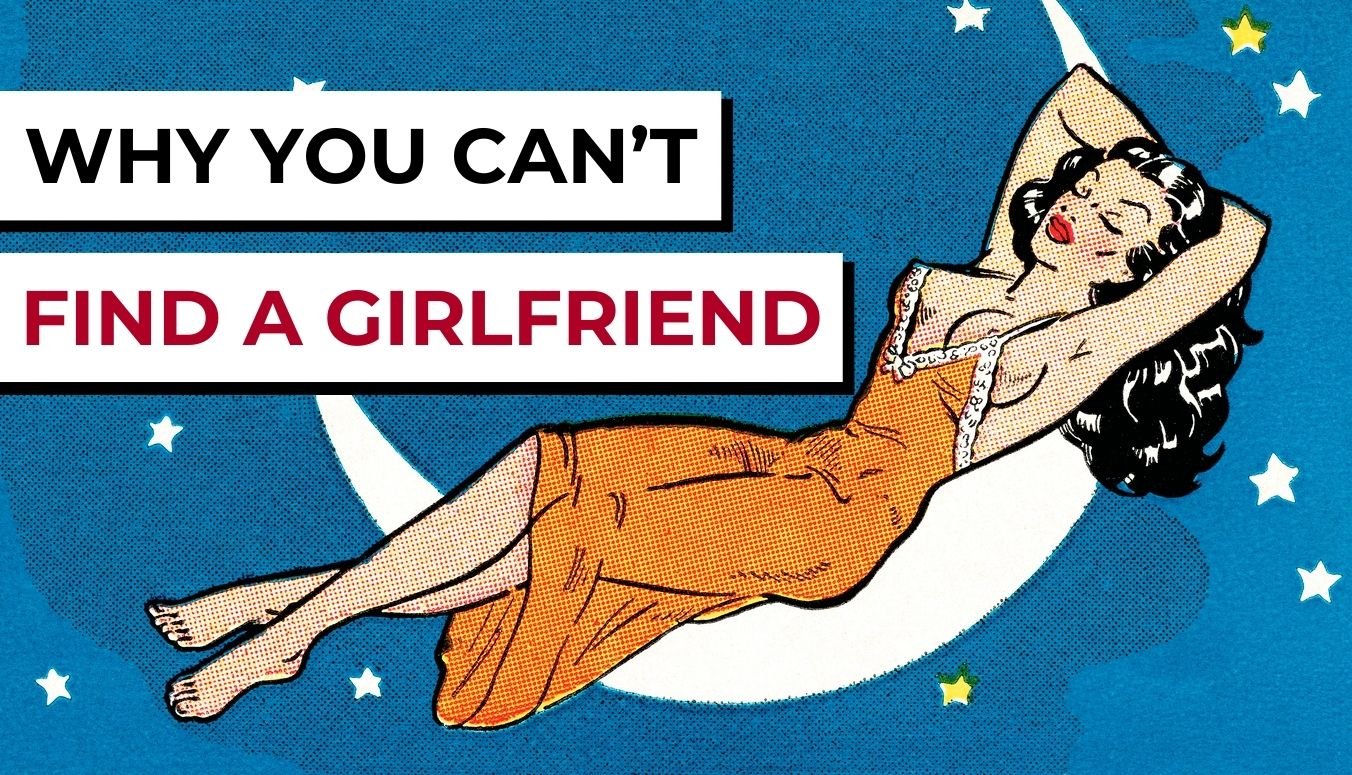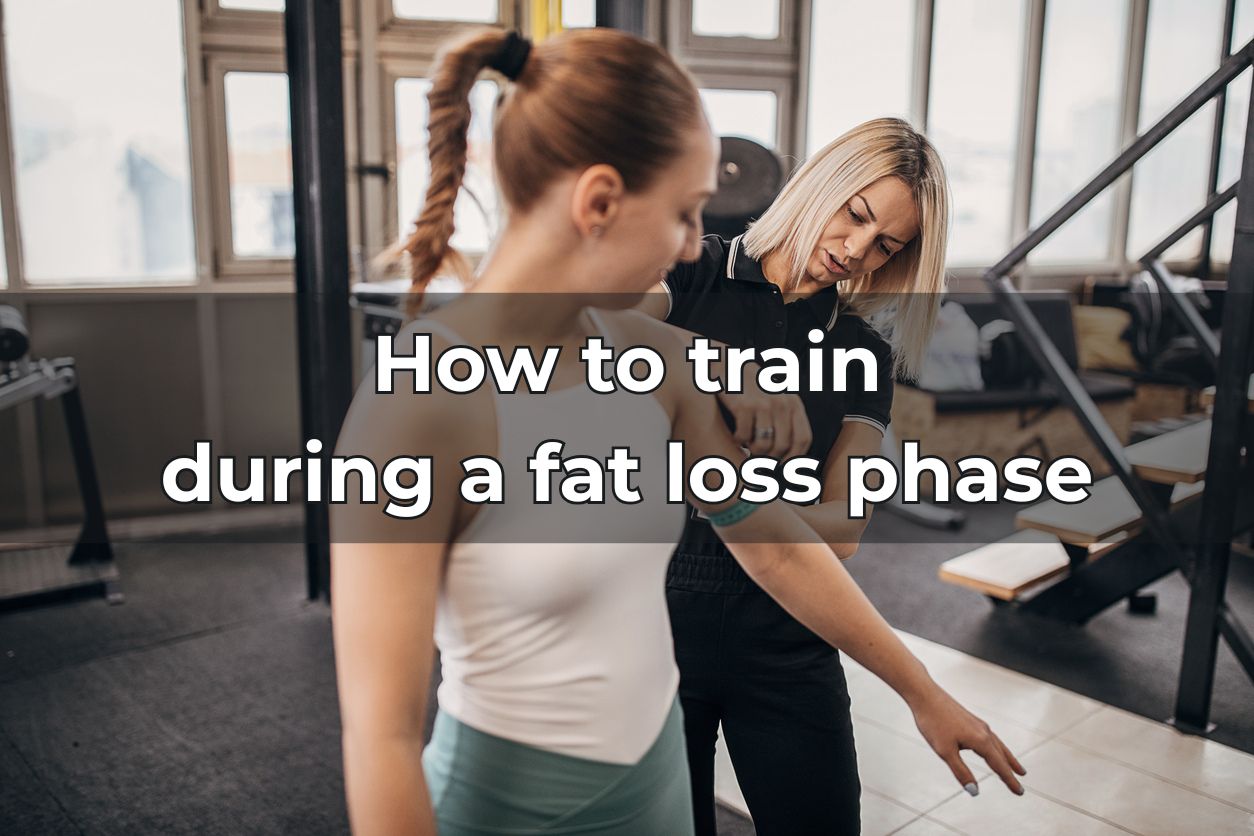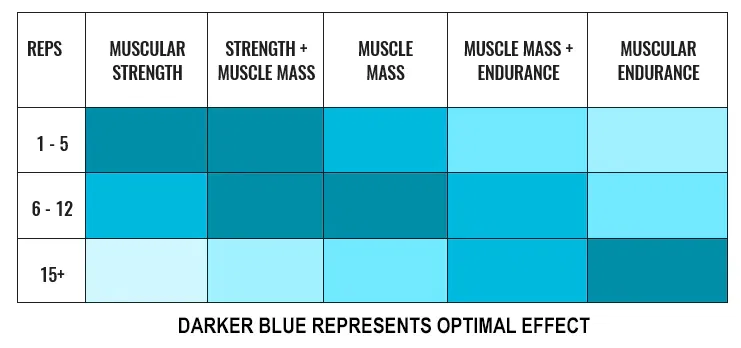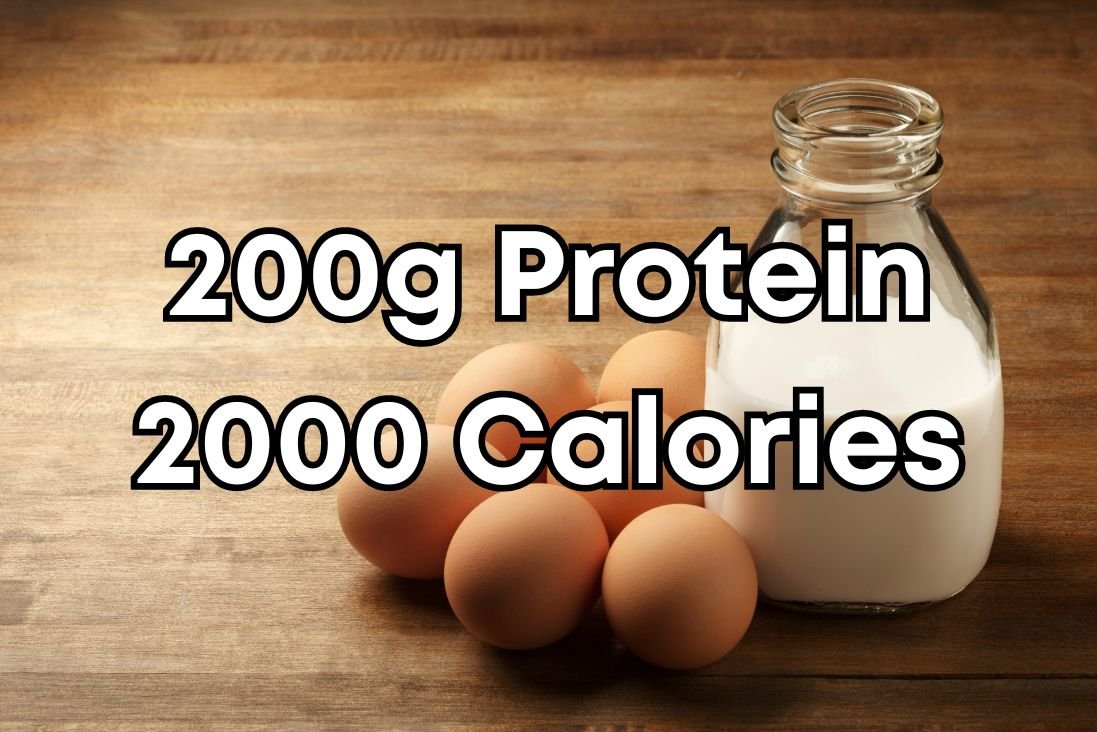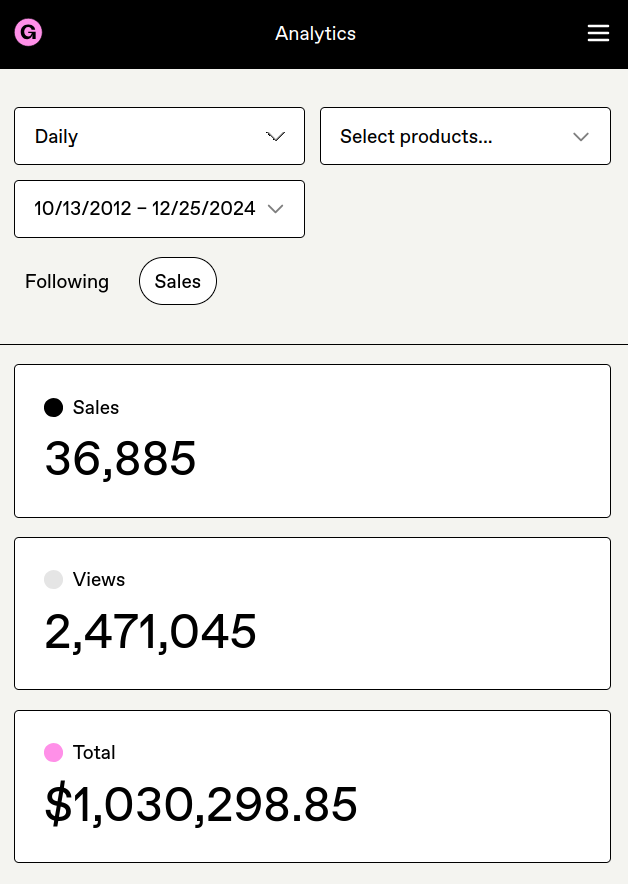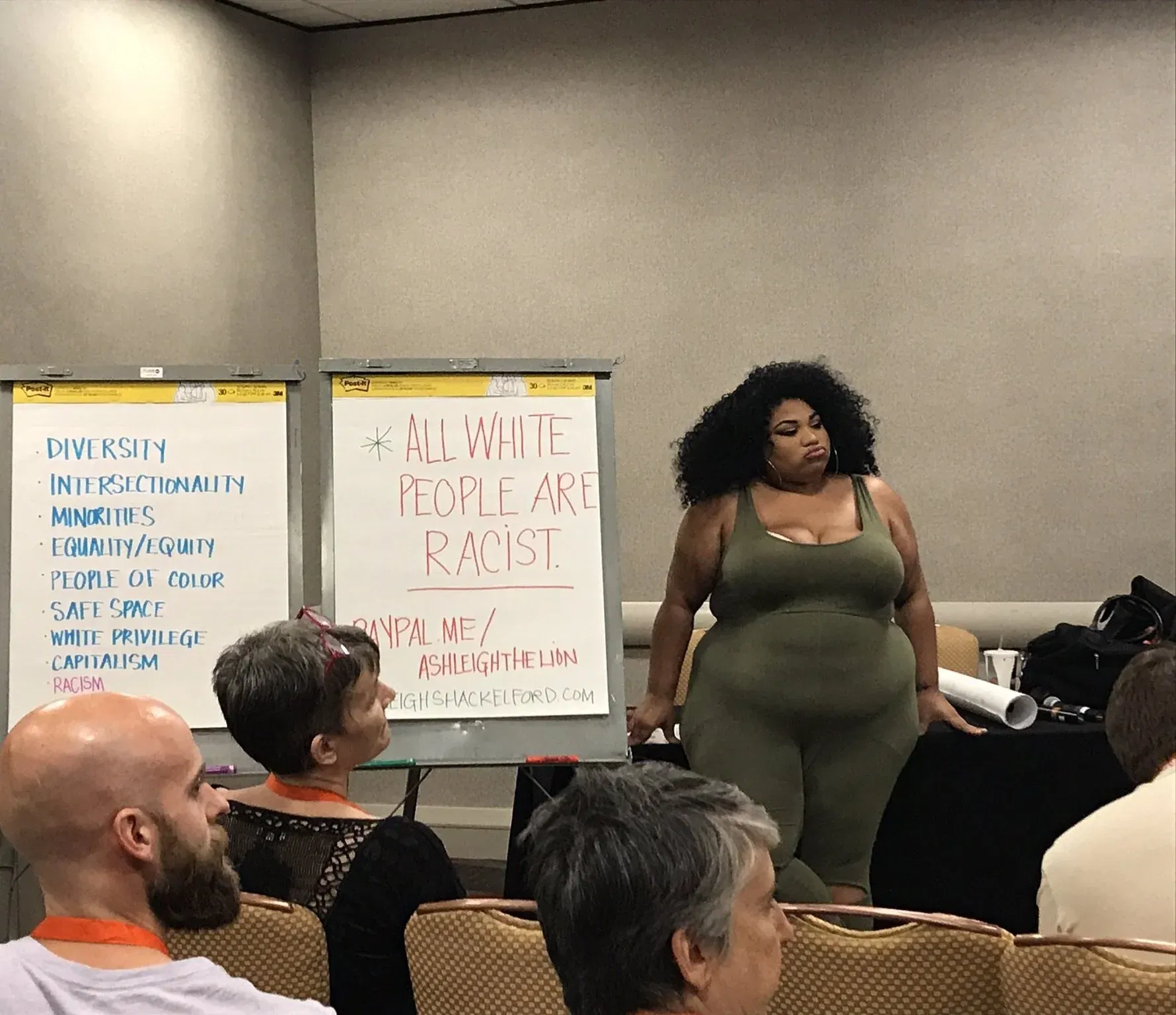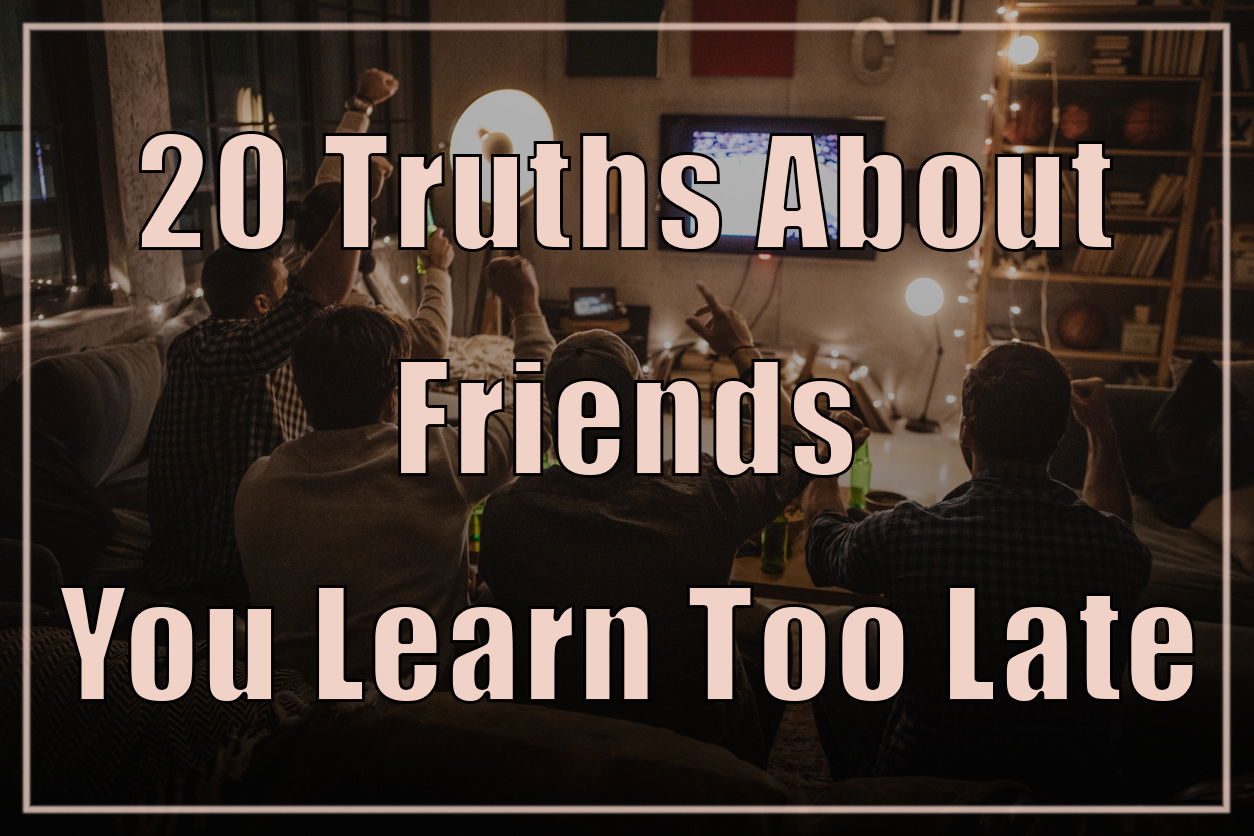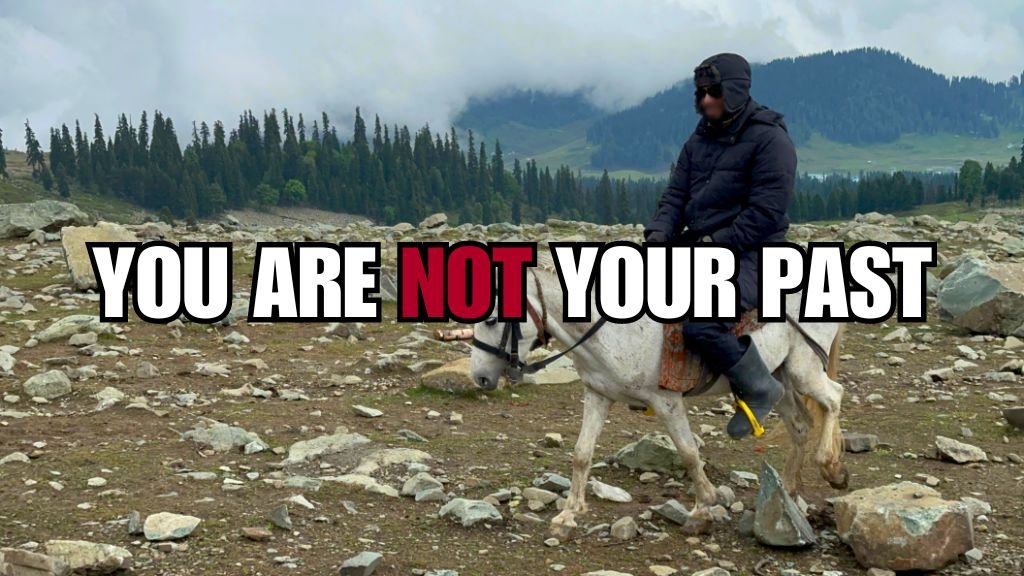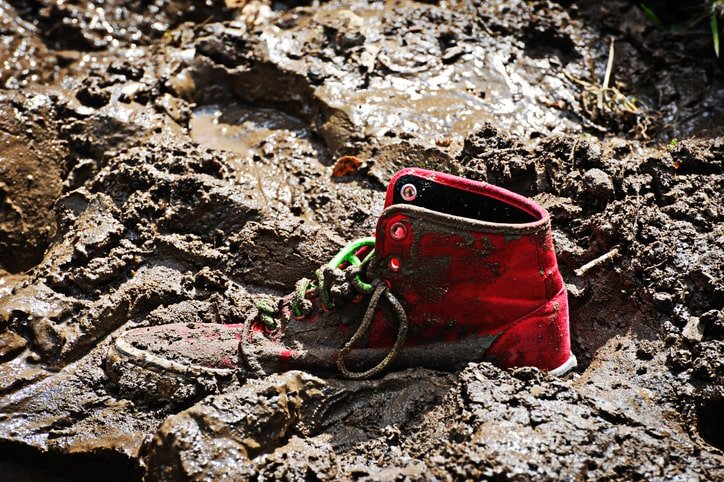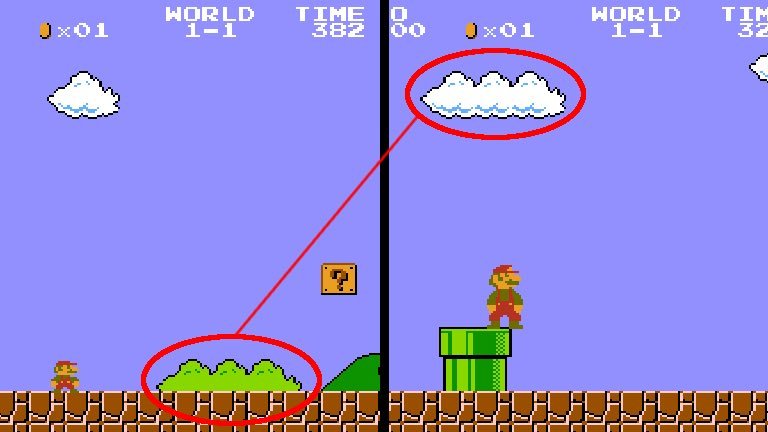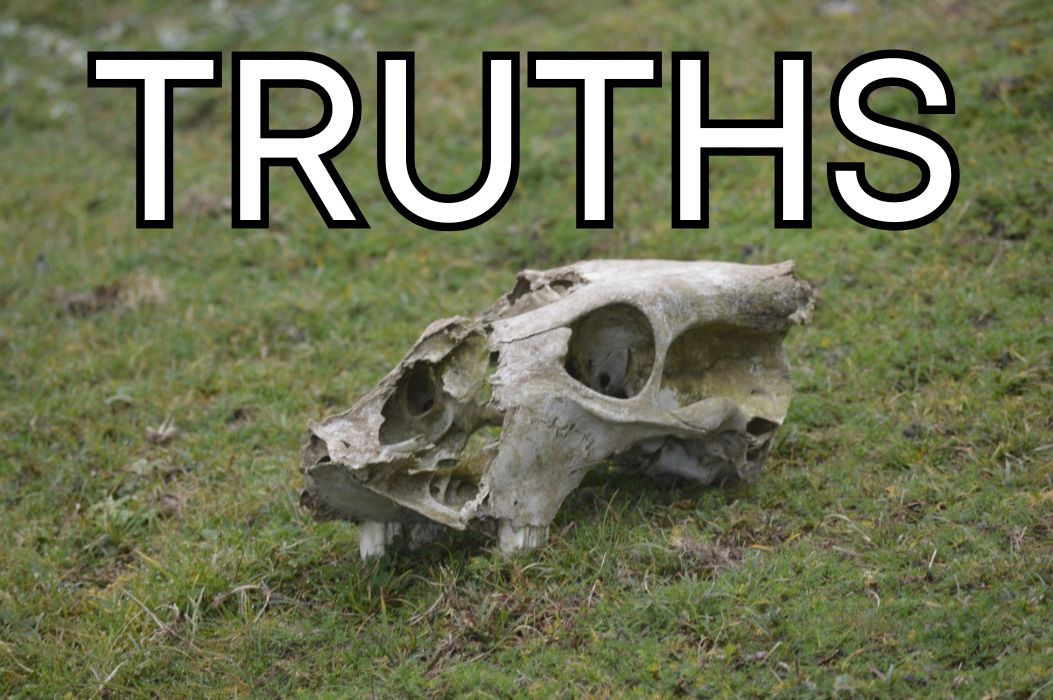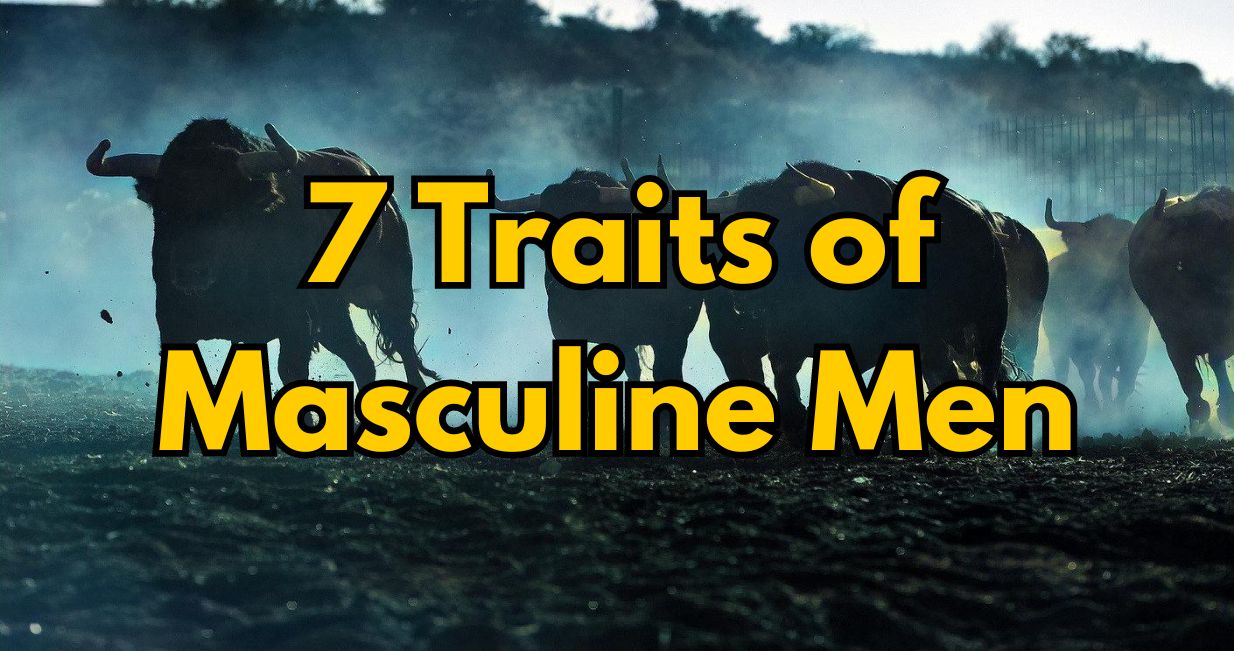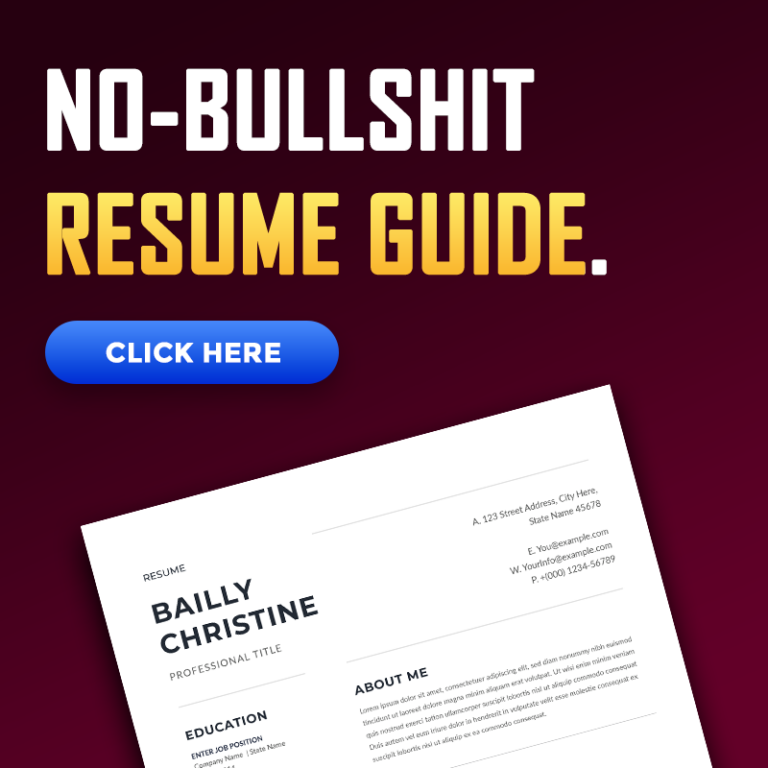In the previous part, I talked about the nutritional hierarchy of importance. In this piece, and the next ones, I’m going to dive into each of the items in the hierarchy and provide specific advice.
What is a calorie
You need energy to build muscle. Calories are a unit of energy. Food contains energy and the amount of energy in food is measured in calories.
Scientifically a calorie is the amount of energy it takes to heat up 1 liter of water by 1 degree Celsius. This can be measured by burning the item in a machine called a bomb calorimeter and measuring the energy released.
The calorie doesn’t have to be limited to the human biological system. For example, grass has a lot of calories because if you dehydrate and burn it, it will generate a lot of heat. So does plastic.
However for the context of the human body grass has very few calories because we cannot digest most of it and plastic has zero calories because we cannot digest it at all.
The calories you see behind all your food items are measured using the Modified Atwater system which takes into account the human body’s ability to absorb nutrients in food.
So if you eat something like legumes, the calories measured using the Modified Atwater system will be the number based on the nutrition you can actually absorb from the food. The energy in the fiber/roughage that the body doesn’t absorb (you shit it out) does not get counted by this system.
Don’t want to digress too much but basically when you hear “calories don’t matter because the human body is not a bomb calorimeter”, you can be sure that the person doesn’t know what they’re talking about.
Calorie information is not “made up bullshit.” The calories you see behind labels are not the number that a bomb calorimeter would measure, they are the estimate of energy in the nutrition you absorb from the food you eat.
They find out how much protein, fat, carbohydrates, etc. you would absorb from a particular food and multiply that with the average number of calories in that macronutrient.
I will not go into the details of how it’s all measured as I cover it already in Live Intentionally: 90 Day Self-Improvement Program but here is a summary:
| Food component | Average Calories (per gram of component) |
| Fats | 9 |
| Ethanol | 7 |
| Proteins | 4 |
| Carbohydrates | 4 |
| Organic acids | 3 |
| Polyols | 2.4 |
| Fiber | 2 |
Note: Of course we assume that you chew your food properly. If you just swallow a bunch of peanuts or cashews without chewing them, they will end up in your shit unabsorbed or partially absorbed. You only get the calories from a food for the nutrients your body manages to absorb from it.
How many calories do you need to maximize muscle growth
The question is how many calories do you need to maximize muscle growth.
The unfortunate answer is: NOT THAT MUCH.
The rate at which the human body puts on muscle is really slow. 200 calories above maintenance is more than enough for almost everyone.
This is because building muscle is a very slow process.
Most people outside the beginner phase would be doing phenomenally well if they can gain half a kilo of muscle every month consistently. And for women, the number is half of that.
Lyle McDonald has a great piece on determining caloric intake for muscle gain (which I highly recommend reading) that deep dives into this and the answer can be summarized in a table:

If you don’t know what your maintenance calories are, read this piece.
You simply do not need to eat that much more to maximize muscle gain. 200 calories above maintenance are MORE THAN ENOUGH. And that is for lean people. For overweight people (stomach not flat), see the next part of this series.
Eating a higher surplus than necessary just means you get fat faster.
What happens if you eat more calories than what you need to maximize muscle growth?
It should be very obvious but somehow it isn’t for so many people.
The answer is that YOU GET FAT. The bigger the surplus beyond what is necessary to build muscle, the more fat you gain.
Eating more than what you need to build muscle does not mean that you will build even more muscle. It just means all the extra energy will be stored as fat.
You cannot force feed muscle growth.
You will see a ton of bad information about calorie intake on the internet (largely coming from powerlifting and the Starting Strength community) because they don’t know what they’re talking about with respect to nutrition.
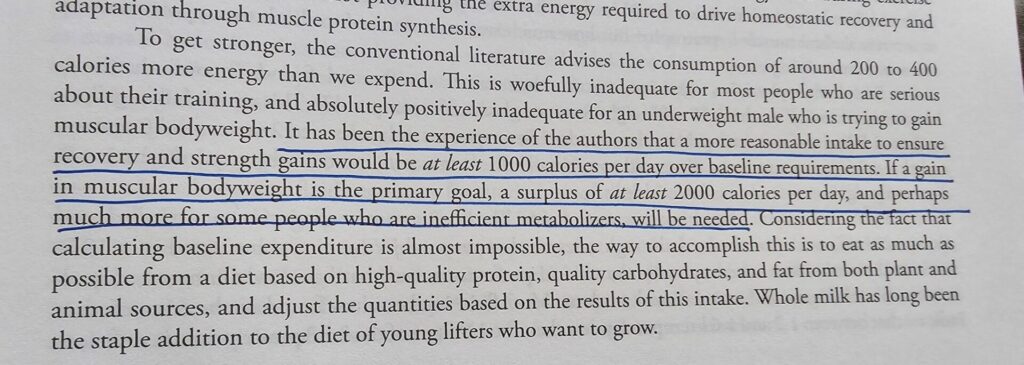
The guy says 400 calories are “woefully inadequate for most people who are serious about their training” which is bullshit.
400 calories is not just adequate, it is much more than adequate given that just 200 calories a day is plenty to maximize muscle growth.
I’m not even going to get started on the “if a gain in muscular bodyweight is the primary goal, a surplus of at least 2000 calories and perhaps much more for some people who are inefficient metabolizers will be needed.”
This is entirely bullshit and do not fall for it. Even ultra skinny people do not need to eat such a huge surplus. A 200 calorie surplus is more than enough.
The ONLY thing you get extra by eating a 1000 calorie surplus is more fat and the loose skin that comes with it.
And yes you can lose fat but you cannot lose the extra skin which a lot of the people who fall for the Mark Rippetoe type diet advice come to regret later.
And to be honest – cutting is annoying and it’s much better not to get too fat in the first place. So keep your calorie surpluses reasonable and gain weight slowly so that most of it is muscle.
Half a kilo of weight gain per month is a good target. If you’re gaining more than a kilo a month, know that much of it is fat that you will eventually have to lose.
And of course, this assumes you’re rigorously following a good training program and not half-assing your workouts. Because if you don’t train hard, you won’t gain much muscle no matter how much you eat.
And of course you only need to eat a surplus to gain muscle if you are LEAN to begin with. If your stomach isn’t flat, you don’t need a surplus to provide energy to build muscle as you are surrounded by stored energy (body fat).
In the next piece, I’m going to discuss the calorie needs for obese, overweight, and skinny fat people. They are 3 separate groups and need to eat differently to meet their physique goals.
See you in the next one.
– Harsh Strongman
| Title |
|---|

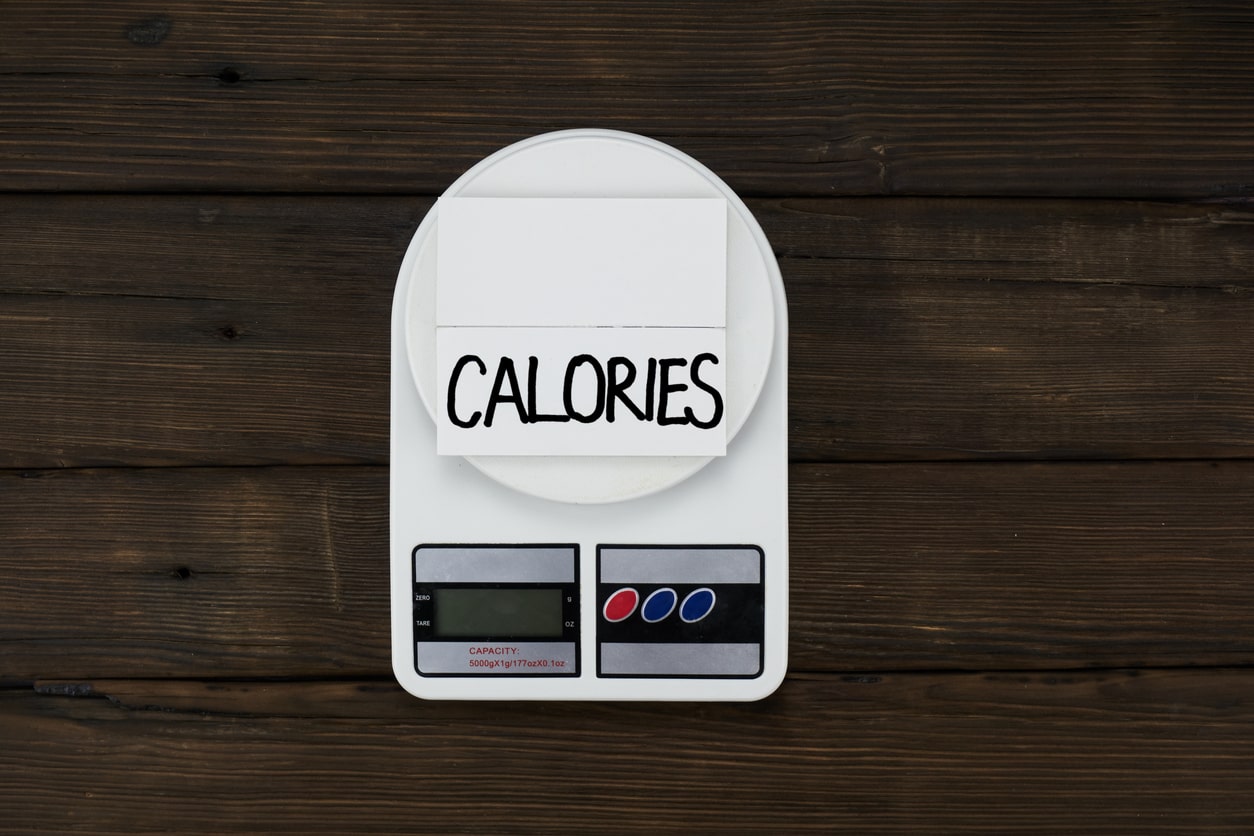


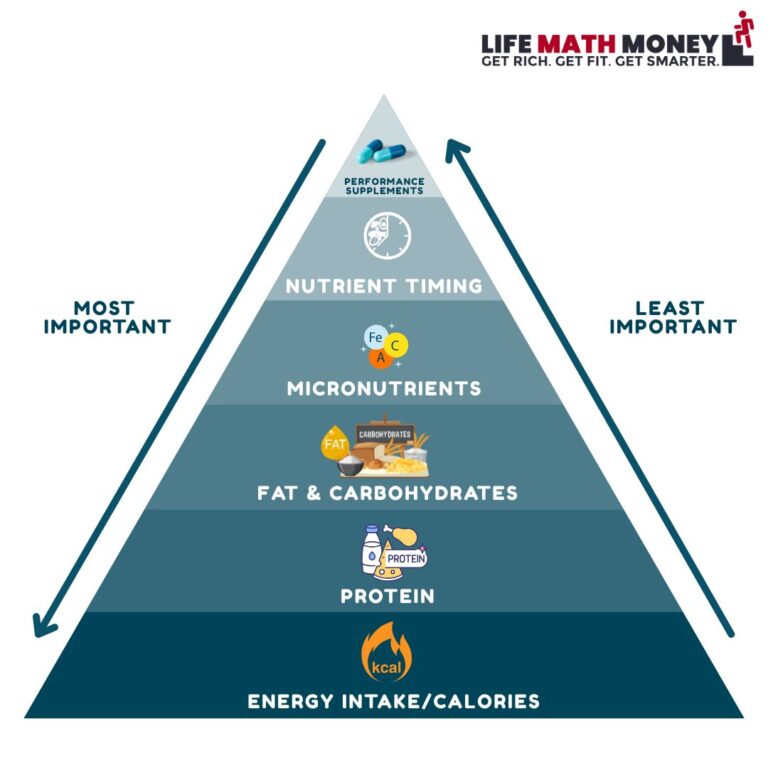





![Traits Women Find Attractive Traits Women Find Attractive (And How to Score Yourself) [PART 1: Physical Aspects]](https://lifemathmoney.b-cdn.net/wp-content/uploads/2025/11/Traits-Women-Find-Attractive-1.jpg)




